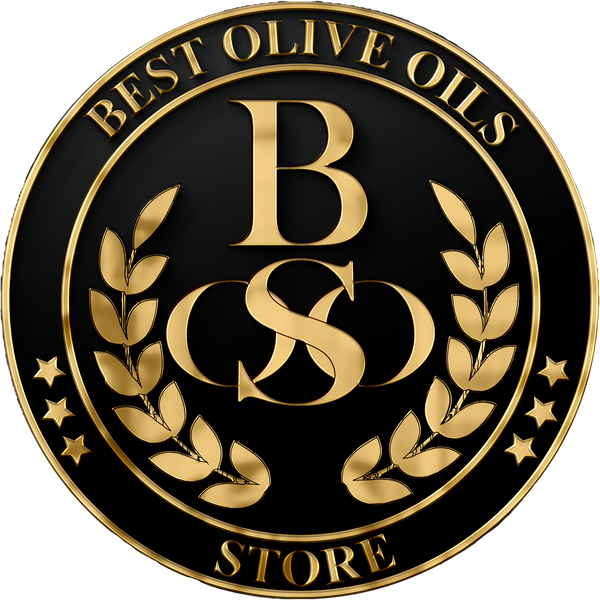
Villa Eva
Our Acknowledgments




Our Story
The olive tree has been present in the Goriške brdi for thousands of years. After the catastrophic winter of 1929, the olive groves almost disappeared from the hills of Briška. During the frost at that time, which lasted for several days, the temperature was below minus fifteen degrees Celsius. This frost did not spare even the other fruit trees in Bris. However, we restored the Brica plantations, but not the olive trees, as there was still the fear of another frost. In Brdy, the olive trees grow the highest, the most northerly in the entire Mediterranean, and this guarantees them exceptional quality and a rich fruity aroma. You will not taste this with other Mediterranean oils. Even the awards that Briška oils receive around the world confirm this quality.
It was only in the 1970s that Brica again showed interest in growing olives.
Among them was our family, which turned part of the vineyards into organic olive groves.
Our olive groves are dominated by autochthonous varieties of olives, namely Črnica and Drobnica. In order to achieve top results in mixed oils, so-called blends or Cuves, we also planted varieties of olives that have a very fruity and aromatic taste. Varieties such as Lecino, Maurino and Buga dominate among them. Of course, Istrska Belica, a very specific variety, with its special aroma and spicy note, should not be missing in the olive groves.

Our Offer

The production of high-quality organic olive oil requires a lot of effort, control and investment in prevention. Organic production does not allow for mistakes and care for a healthy crop without the help of phytopharmaceuticals is present during the entire growing season. The costs of processing olive groves are very high due to the prescribed standards.

OUR ORGANIC OLIVE PROCESSING
The costs of organic cultivation of olive trees, underground irrigation, manual harvesting, immediate processing of undamaged fruits and monitoring of optimal ripeness are at the highest level. With large quantities of olives, it is difficult to maintain top quality, as the olives have to be harvested by machine, the harvested fruits must be transported in trucks, and stored in piles, where mechanical damage and oxidation of the fruits occur.
Our organic production and processing of olives is based on manual harvesting and quick processing of olives. From harvesting to processing, it takes a few hours at most. Our fruits must not be mechanically damaged or attacked by e.g. olive flies or other pests. We eliminate them already during harvesting.
When processed into a torcle, the olive fruits are ground and mechanically squeezed into olive must, which creates a byproduct of olive pomace. The oil is then extracted from the olive must by centrifugation. The oil obtained in this way, which is a selection of the highest quality fruits, is suitable for culinary pleasures immediately after processing. We do not refine our oils, as this would lose almost all the biologically important substances that have been hard-earned in the fruits.
Oil storage also plays a very important role. The oil should be stored at a temperature of 14°C to 20°C. Olive oil is also very sensitive to oxidation by UV light, so it is better to store it in suitable packaging, e.g. dark bottles or stainless steel containers. Oil is sensitive to oxidation when in contact with air, so we recommend consumers to buy smaller, suitable packaging. Our food and nutrition engineer devotes a lot of detail to production, processing and, of course, storage.
Unfortunately, in stores we often find oils with the label "olive oil" or even "extra virgin oil" at very low prices. The price itself tells us that it is impossible to produce a quality liter of oil for less than €20. Just for comparison, a maximum of 1.5 liters of olive oil is obtained from 100 kg of olives. And that's for varieties that are very oily. There are many fakes on the market, which are obtained from the by-product of olive pomace. These fakes are made from olive pomace to which cheaper oils are added and sold for olive oil. The market research carried out by our engineer showed that there are at least 70% of such oils on the shelves of various stores.








The taste of Top Quality
We are driven by passion and joy for what we do
Organic olive oil of the highest category,
obtained directly from olives and only by
mechanical processes.





